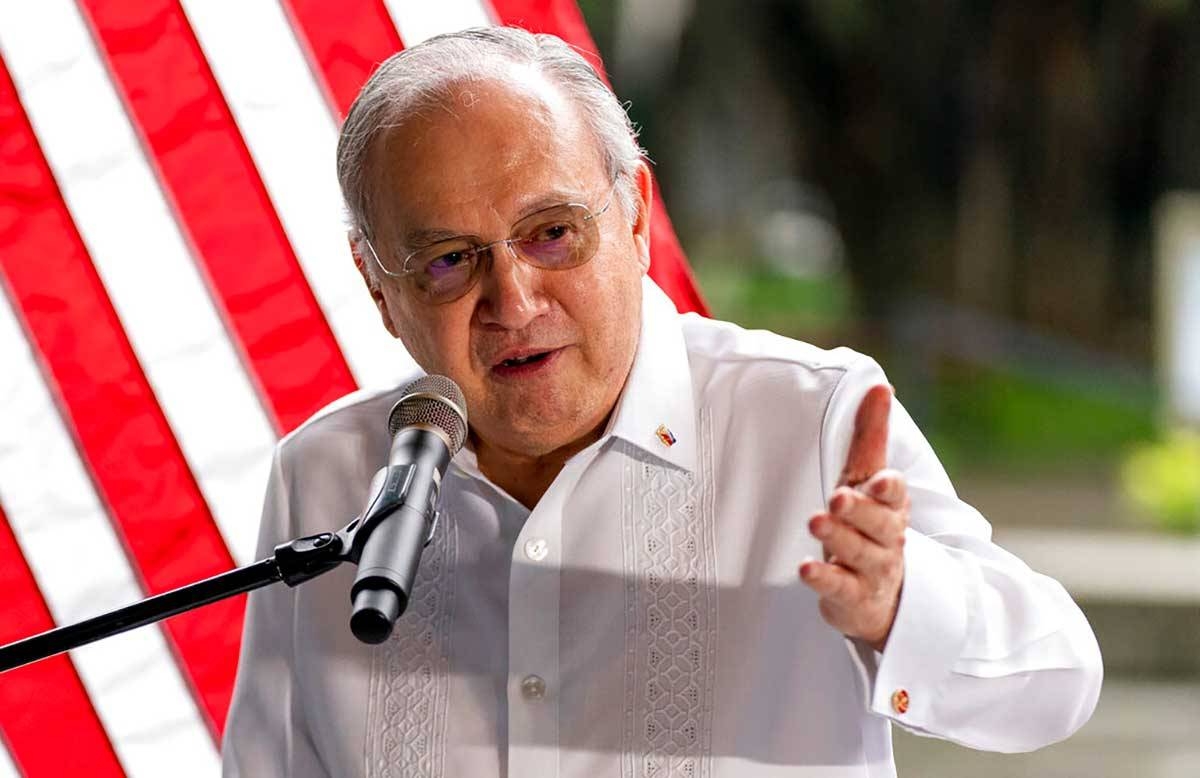The United States’ planned investment of P1.7 trillion in the Philippines has the potential to counter any economic “coercion” that Beijing may impose on Manila, according to Philippine Ambassador to Washington, Jose Manuel Romualdez. This statement comes in response to concerns raised by Filipino exporters regarding potential reductions in fruit imports from China.
During a recent interview in Manila, Romualdez highlighted the importance of diversifying markets and seeking alternative trading partners. He emphasized the need to engage with more countries to expand the market for Philippine products. However, he expressed confidence that the P1.7 trillion US investment in Manila would serve as a strong deterrent against any economic coercion from China.
It is worth noting that the P1.7 trillion investment has already been programmed and approved. Romualdez assured that this is just one of many potential investments that will be coming to the Philippines. The United States has demonstrated a strong commitment to this endeavor.
US businessmen are actively exploring opportunities in various sectors, including infrastructure, energy, artificial intelligence, healthcare, manufacturing, and semiconductor. Romualdez also mentioned that neighboring countries such as Thailand, Vietnam, and Malaysia are aggressively courting US investors. This competition underscores the need for the Philippines to act swiftly to attract these investments and avoid being left behind.
The significance of the US investment lies not only in its economic impact but also in its potential to counter any attempts at economic coercion from China. By diversifying its trade partners and attracting foreign investment, the Philippines can reduce its dependence on any single market and strengthen its position in the face of external pressures.
It is important to understand that economic coercion is a tactic used by countries to influence the behavior of others through economic means. This can range from imposing trade restrictions to reducing imports or increasing tariffs. In the case of the Philippines, concerns were raised about potential reductions in fruit imports from China, which could have a negative impact on Filipino exporters.
However, the US investment provides a significant counterbalance to such economic coercion. With P1.7 trillion earmarked for Manila, the Philippines can diversify its economy and reduce its vulnerability to external pressures. This investment will not only create jobs and boost economic growth but also enhance the country’s resilience in the face of geopolitical challenges.
Furthermore, the United States’ commitment to investing in the Philippines sends a strong signal to other potential investors. It demonstrates confidence in the country’s economic potential and stability, making it an attractive destination for foreign businesses.
While the United States’ investment is a positive development, it is crucial for the Philippines to continue pursuing economic opportunities and attracting investments from other countries as well. By fostering a competitive business environment and implementing investor-friendly policies, the Philippines can position itself as a preferred investment destination in the region.
In conclusion, the P1.7 trillion US investment in the Philippines serves as a significant deterrent against economic coercion from China. It not only provides economic benefits but also strengthens the country’s resilience and attractiveness to foreign investors. By diversifying its markets and attracting investments from multiple sources, the Philippines can mitigate the risks associated with economic coercion and ensure its long-term economic growth and stability.
Source: The Manila Times








